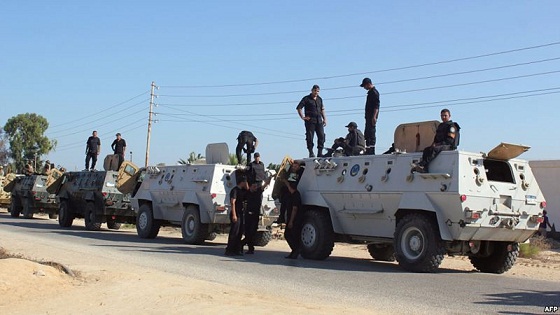CAIRO: “The trial of Mubarak will push Tunisians to pressure the government to try [ousted president Zine El-Din] Ben Ali on charges of killing protesters,” said Rashid Al-Ghannushi, head of the Renaissance Party, an Islamist Tunisian party in a press conference on Monday.
Al-Ghannushi was exiled in London after Tunisian authorities outlawed his Nahda (Renaissance) movement in the early 1990s accusing it of being a violent plot to overthrow secular rule.
But the movement maintained that it was not violent and that it was a victim of government’s repression. Now Al-Ghannushi, who believes his party (and movement) is the strongest among all other Islamist groups, is calling for democracy rather than Islamic caliphate.
“Let the difference be shown in the voting ballots, give people their authority,” he said.
A revolution without a leader
Al-Ghannushi explained that the reason the uprisings in Egypt and Tunisia were able to overthrow their presidents is the fact that neither had a leader.
“That’s why the previous regimes were toppled. They couldn’t find this one person they could throw in jail or get rid of; it was the whole nation,” said Al-Ghannushi.
He also added that the uprisings took place in a speed that did not allow foreign intervention unlike the case in Yemen and Libya.
“Those uprisings that have been taking place for months left space for western and Arab countries to interfere to save their interests,” he added.
Arab nations have every reason to start a revolution against their leaders, he said, explaining that with these uprisings two ideologies should be eliminated.
“The first is that of violent social groups; it only proved that violence will strengthen these regimes [turning them] into police stated repressing its people.
“The second is the idea that no one can fix these regimes from within; once you work with the oppressive governments you become one of them rather than a reformer,” he explained.
Tunisia and Egypt
Tunisia, which took the lead in rising up against its decades-old ruler, is also facing similar obstacles as Egypt, according to Al-Ghannushi.
“There are similar attempts to hijack the revolution which frustrates the youth and unites them against those attempts,” he said.
Accordingly, the Tunisian political powers unlike the revolutionaries are more concerned with Oct. 23, the day when Tunisians will choose a constituent assembly that will lay new rules for the country.
“The opposition forces that were previously united against the regime, are now separated, each fiercely competing to implement their ideologies,” said Al-Ghannushi.
He however said that “in Egypt, it is less tense between the Islamic movements and the secularists compared to Tunisia,” calling for people to choose their own rulers rather having groups impose their ideologies on the country.

